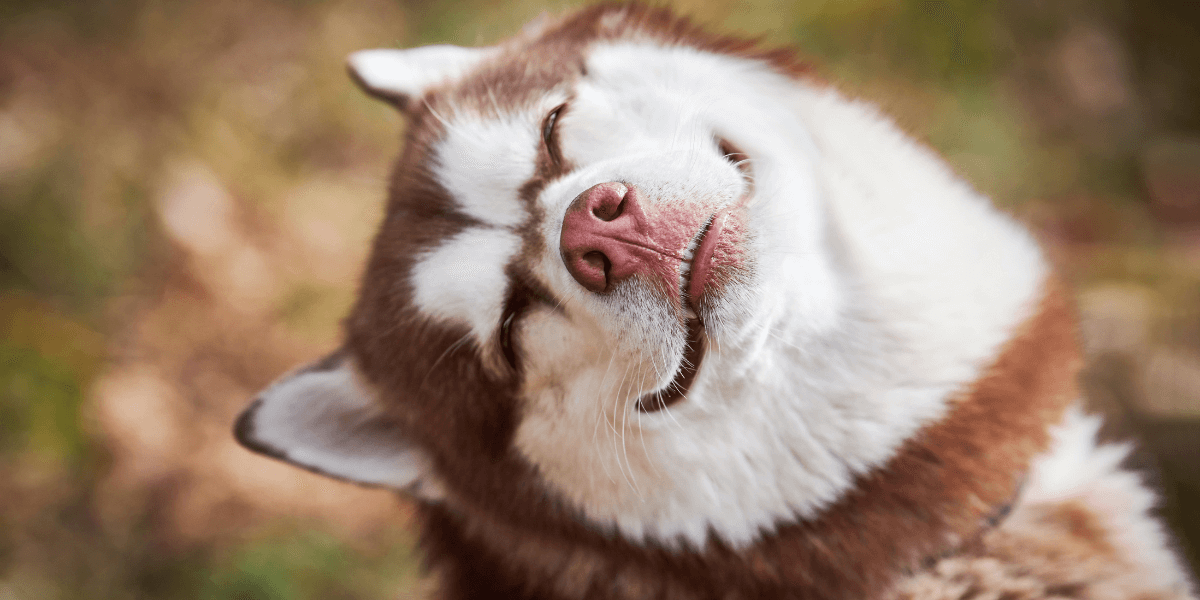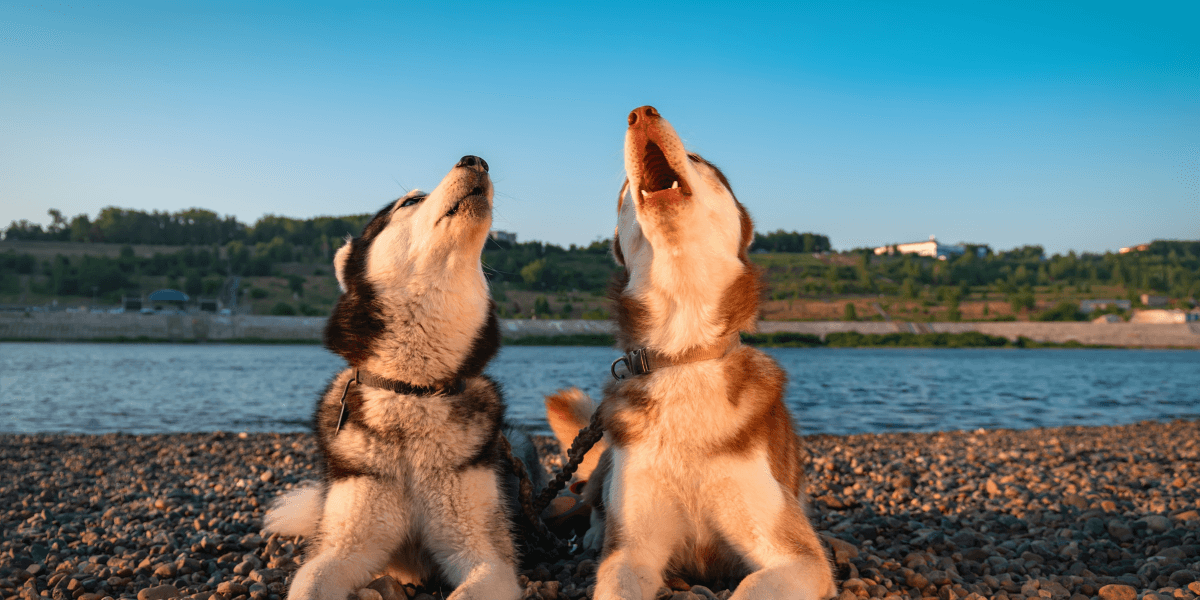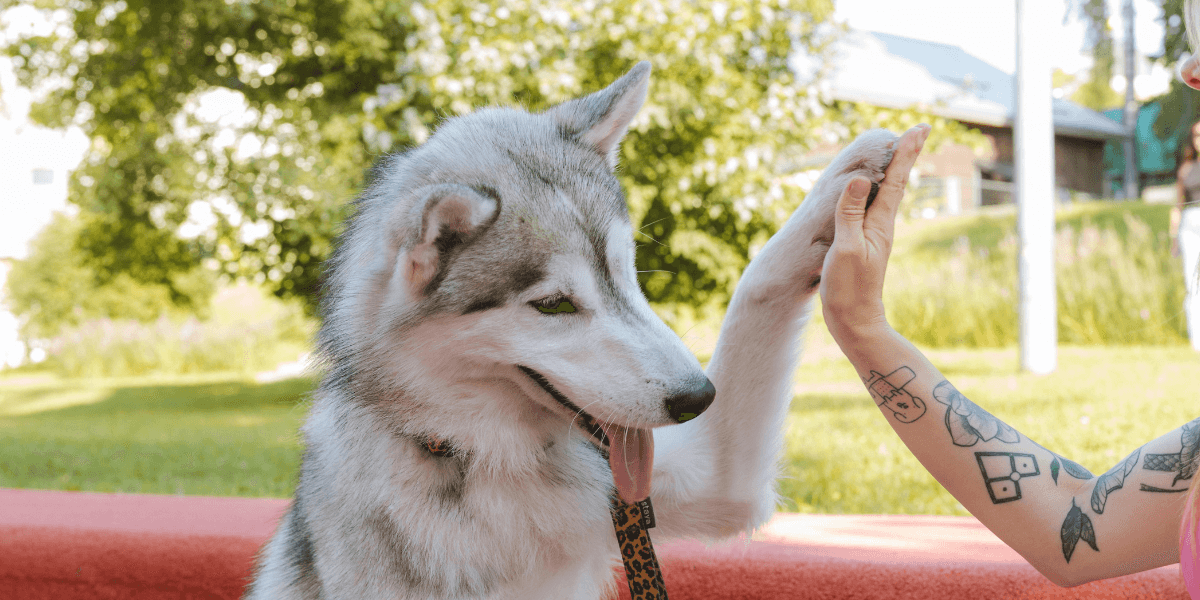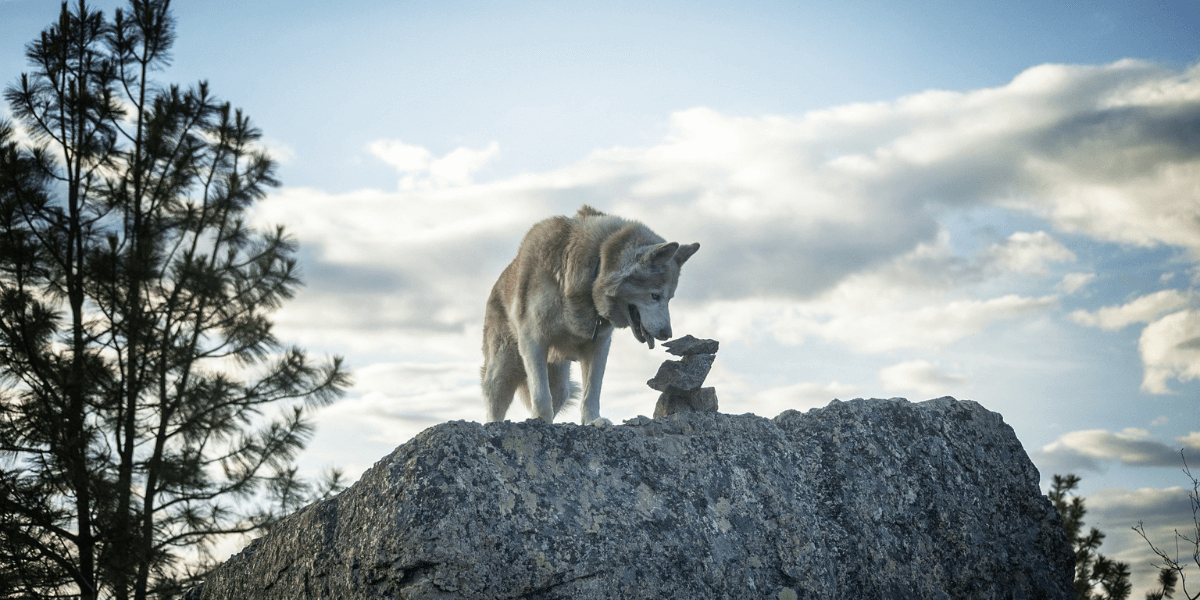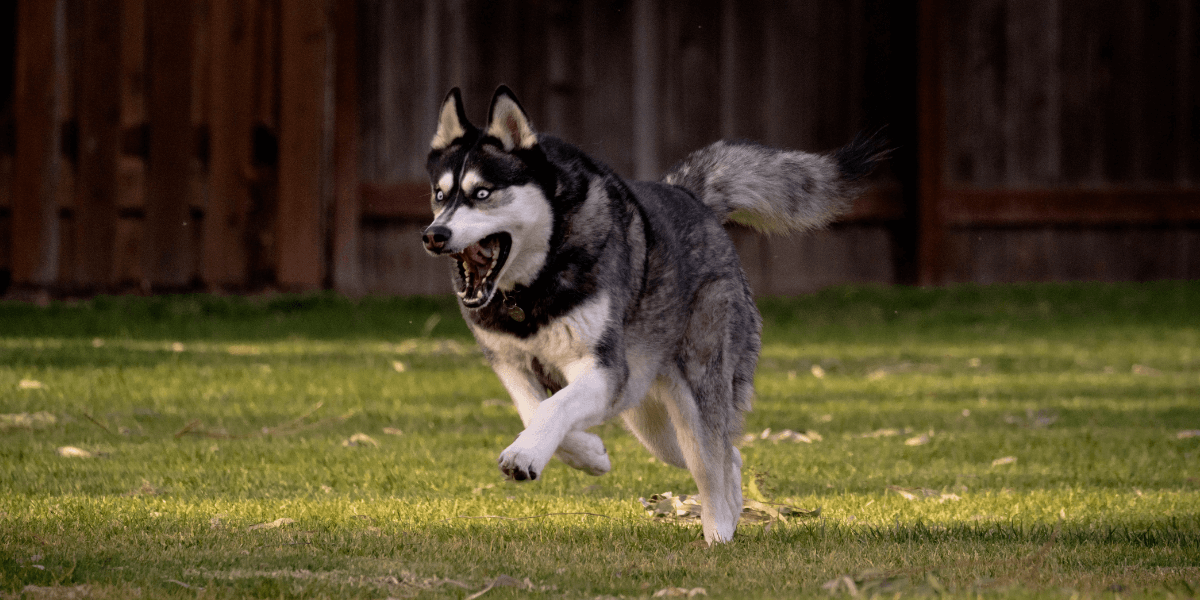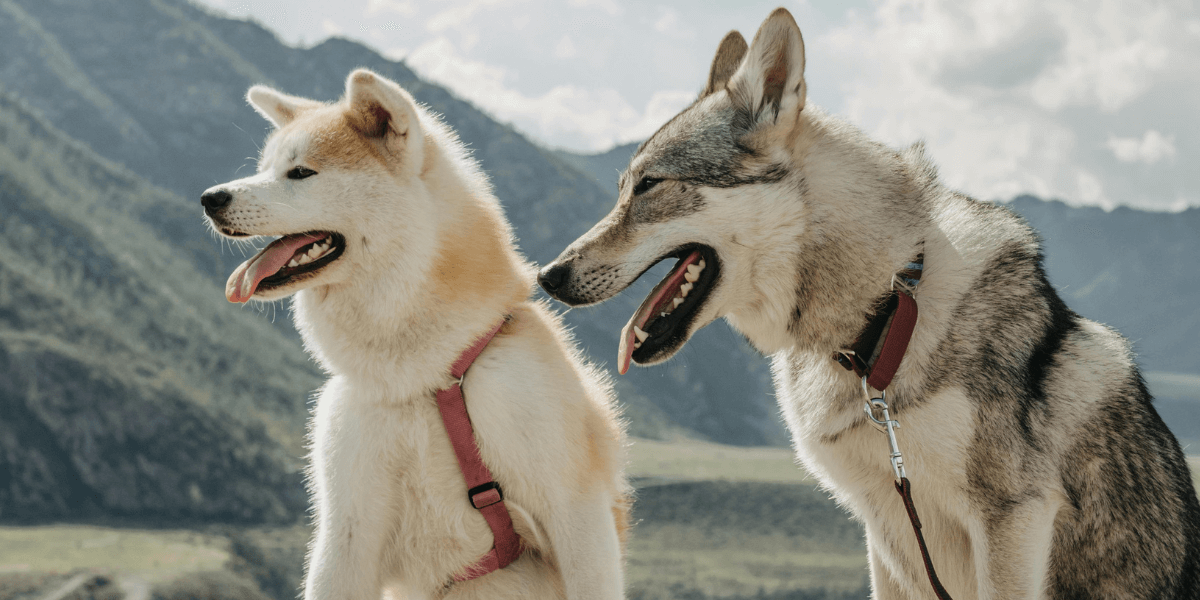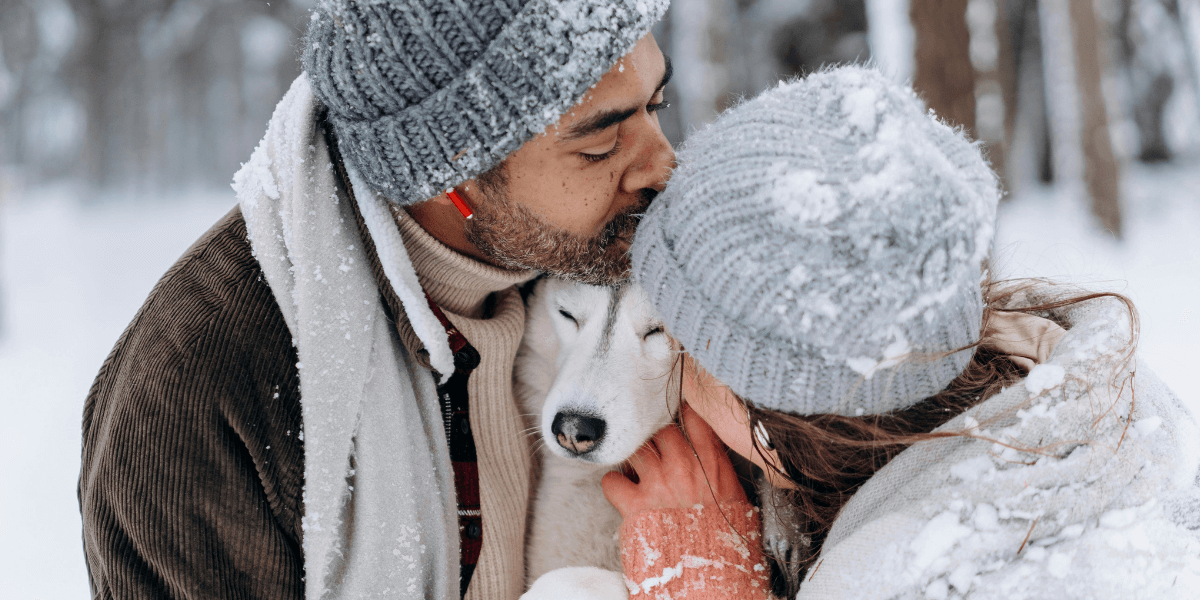Introduction
The Siberian Husky is known for its spirited, independent nature and strong personality.
- They are highly social dogs that thrive on companionship and attention
- Expect a Siberian Husky to be vocal; they love to howl and "talk" to their owners
- Huskies possess a strong prey drive and may instinctively chase after small animals
- They are very energetic dogs that need plenty of exercise each day to stay healthy
- With proper training, Huskies can be loyal and affectionate pets
- They are known for their striking appearance and captivating blue eyes
1. Energy Levels
Siberian Huskies are high-energy dogs and require plenty of exercise every single day.
- Exercise Requirements: They need at least 1-2 hours of exercise each day
- Indoor Activity: Huskies can get restless if not mentally stimulated indoors
- Outdoor Activity: Huskies enjoy running, hiking, and other outdoor activities
- Mental Stimulation: Mental exercises like puzzles are essential for Huskies
- Signs of Boredom: Without enough activity, they may develop destructive behaviors
- Playtime Needs: Regular play helps channel their energy and keeps them content
2. Social Behavior
Siberian Huskies are highly social dogs and crave constant interaction with their owner.
- With Family: They form strong bonds and show deep affection for their family members
- With Strangers: Huskies are usually friendly but can be a bit reserved around new people
- With Other Dogs: They usually get along well and enjoy playing with other dogs
- With Children: Huskies are gentle and patient, making them great companions for kids
- Separation Anxiety: They may develop anxiety when left alone for too long
- Social Needs: Husky thrives in environments where they receive regular social engagement
3. Training Challenges
Siberian Huskies can be quite stubborn, which makes their training more challenging.
- Obedience Training: Consistency is essential to train and manage a Husky successfully
- House Training: Patience is necessary since Huskies may take a while to fully learn
- Leash Training: Huskies may pull on the leash due to their strong prey drive
- Socialization Training: Early socialization helps prevent behavioral issues
- Positive Reinforcement: Reward-based training works best with Huskies
- Stubbornness: Siberian Huskies may be stubborn, so persistence in training is essential
4. Independence
Siberian Huskies are well-known for their independent nature and strong-willed behavior.
- Self-Sufficient: They can entertain themselves for short periods
- Escaping Tendencies: Huskies are notorious escape artists and need secure fencing
- Decision Making: They often make decisions on their own, ignoring commands
- Alone Time: Huskies do not mind spending some time alone but not for long
- Challenge of Recall: Teaching recall can be difficult due to their independence
- Problem Solving: Huskies can find creative ways to solve problems on their own
Discover effective training strategies to manage your Siberian Husky's independence and ensure a harmonious home.
5. Prey Drive
Siberian Huskies have a strong prey drive that greatly influences their behavior.
- Chasing Instincts: They are likely to chase small animals, including cats
- Hunting Behavior: This breed may try to hunt if not properly controlled
- Training to Control: Training can help manage, but not eliminate, their prey drive
- Supervision: Always keep a close watch on your Husky when they are near small animals
- Containment: A secure yard or leash is vital to prevent your Husky from chasing animals
- Distraction: Use toys or treats to redirect their attention from small animals
6. Vocalization
Siberian Huskies are known for their high vocalization and frequent talking behaviors.
- Howling: They enjoy howling often, and it can be quite loud and frequent at times
- Talking: Huskies are known for their unique and expressive vocal "talking" sounds
- Barking: They bark less than other breeds but may bark when necessary
- Responding to Sounds: They may howl in response to sirens, music, or other sounds
- Communication: Vocalization is their way of communicating with humans and other dogs
- Vocal Variety: Siberian Huskies use a range of sounds to express themselves and interact
Learn how diet impacts Siberian Husky vocalization and overall behavior with this expert nutrition guide.
7. Affection Level
Siberian Huskies are affectionate and loving but generally not overly clingy or needy.
- Physical Contact: They enjoy petting and cuddles but on their own terms
- Loyalty: Huskies are loyal to their family but not overly protective
- Attention Seeking: They may seek attention in subtle ways, like nudging
- Sleeping Habits: They often prefer to sleep near their owners
- Independence in Affection: They are affectionate but value their independence
- Interaction Balance: They appreciate affection but also need their personal space
Discover how Siberian Husky affection levels make them the perfect family companion with this comprehensive guide.
FAQs
-
How much exercise does a Siberian Husky need?
- They need 1-2 hours of exercise daily
-
Are Siberian Huskies good with children?
- Yes, they are generally gentle and patient with kids
-
Can Siberian Husky be left alone?
- They can be left alone for short periods but may develop anxiety
-
Do Huskies get along with other dogs?
- Yes, they typically get along well with other dogs
-
Are Siberian Huskies easy to train?
- They can be stubborn and require consistent training
-
How vocal are Siberian Huskies?
- They are very vocal and known for howling and "talking"
-
Do Siberian Huskies have a strong prey drive?
- Yes, they have a strong prey drive and may chase small animals
Conclusion
- Siberian Huskies are energetic, social, and independent dogs
- Proper training is essential due to their stubborn nature
- They are affectionate but maintain a level of independence
- Siberian Husky needs plenty of exercise and mental stimulation
- They are highly vocal and enjoy interacting with their owners
- Consider a Siberian Husky if you can meet their exercise and social needs, share this blog!
References
For more info on Siberian Husky Temperament: What to Expect from Your Dog, check out:

